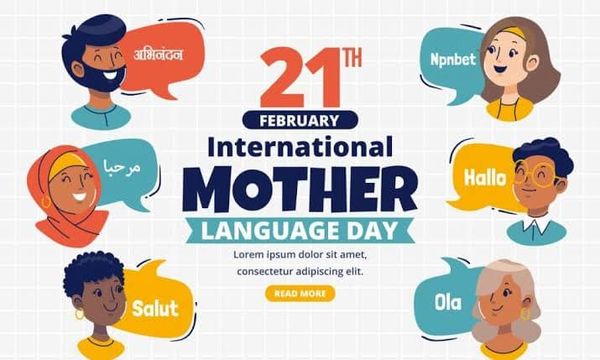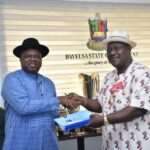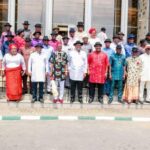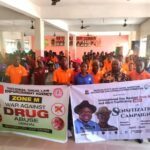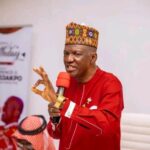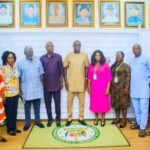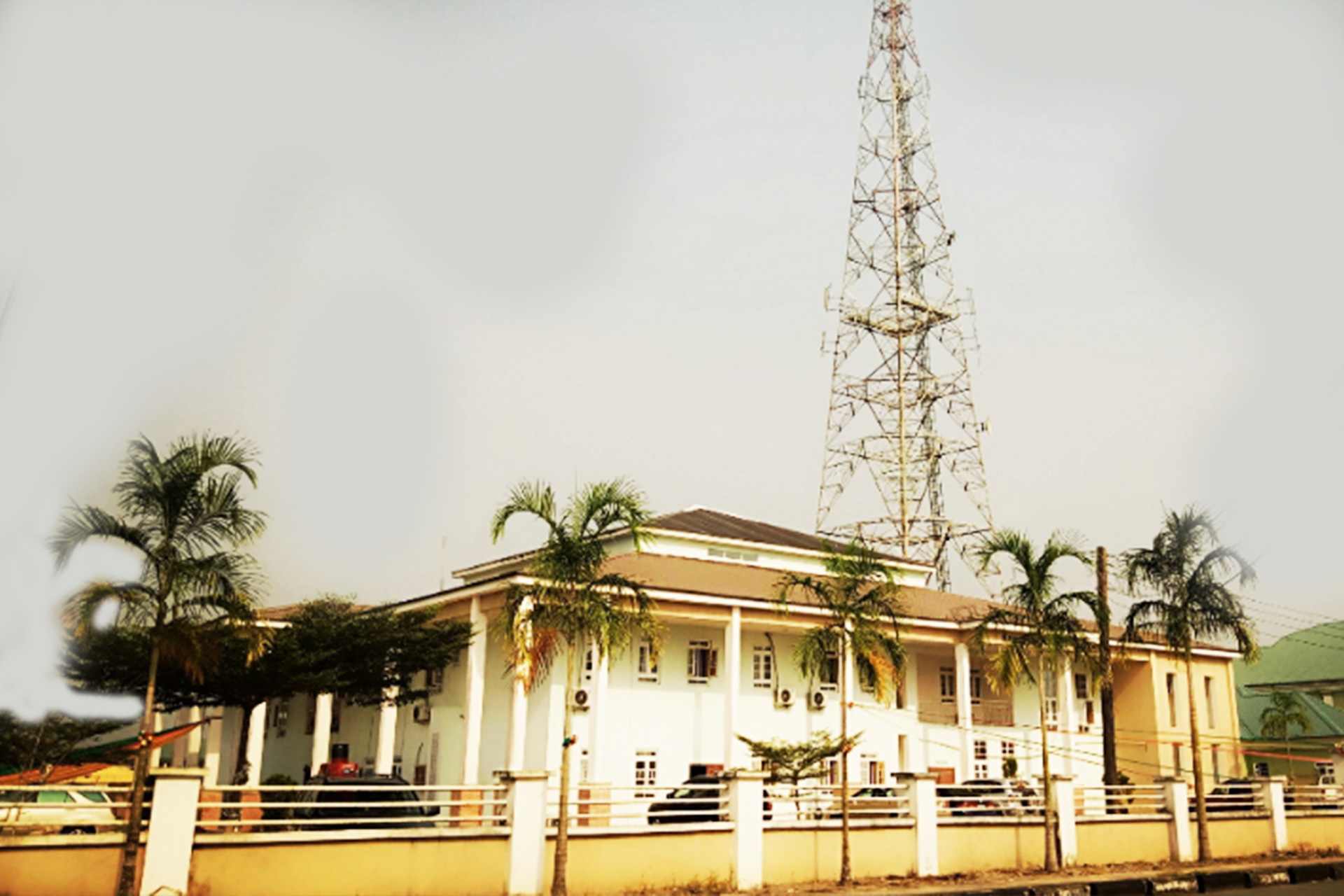Dr. Richard Nordquist, of Rhetoric and English, submits that “mother language” is a person’s native language learnt from birth. This means language is a means of communication; defined in the Oxford dictionary as “the principal method of human communication consisting of words used in a structured and conventional way which are conveyed by speech, writing or gesture.” Thus, Naom Chomsky perceived that “we are born with a predisposition to learn language,” this Eric Lenneberg opined that the window period for language acquisition is a fairly short one between the ages of 2 to 4, adding that anytime beyond that may be possible but could be difficult.
The phrase mother language is often used interchangeably as Mother tongue or First language, with more attachment to culture and family, said to be the native language of a mother a child learns to speak from childhood.
Unfortunately, the concept of colonialism by the British government and the use of English language undoubtable brought about ripple effects on indigenous languages in many African countries, including Nigeria. For instance, the adoption of a foreign language (English) as the country’s official means of communication, with the notion that “everything black is devilish and everything African is inferior” created a strong complex problem, even on indigenous languages.
In education for instance, since a typical Nigerian cannot understand the root meanings of most English words, there is gross limitations or what could be called communication gap in the entire process of learning and comprehension. This has unconsciously promoted an alternative adoption of pidgin as a substitute means of communication, commonly spoken amongst people from different ethic groups and states, thereby putting more threat on promoting mother language
Consequently, a reasonable number of the Nigerian population, especially the youths are no longer proud of their mother language, including their native names.
In Bayelsa State for instance, most youth want to be known and addressed as Mary and John, rather than Timi and Ebiere. No wonder a recent survey at a youth forum organised in Yenagoa, shows that 7 out of 10 guys felt uncivilized communicating in their mother language, while 9 out of 10 girls admitted that bearing their native names makes them feel like local champions.
Also common amongst parents, is the projection of English Language as the first language to children. This no doubt has taken a huge toll on the value for mother language in Bayelsa State. Although, the Bayelsa State Government, under Sen. Douye Diri’s led administration had put some measures to indigenize the Kolokuma language as the official language, as well as sponsored indigenes to be trained, with the intentions of sustaining the course but obviously, the dividend of the whole process is yet to be felt in the state.
With similar circumstances round the world, the United Nations Educational, Scientific and Cultural Organization (UNESCO) on 17 November, 1999 declared 21 February as a yearly event to celebrate International Mother Language Day.
It is worthy of note that this year’s event marks the 24th edition of International Mother Lanaguage Day with the theme: Multilingual Education – A Necessity To Transform Education. In view of this, UNESCO not only advocates for all countries to implement Mother Language-Based Education (ME), but also calls for the formulation of sustainable policies to uphold this movement round the world
According to UNESCO, the ME approach advocates for children to be taught in their mother tongue during their earliest years of schooling before later combining studies with any official language in their country.
Furthermore, some objectives of the ME include: the preservation of all languages, most especially the ones almost going into extinction, encourage people to learn and speak their mother tongue, and to raise awareness of how many languages we have on earth and the need to protect them.
Language is indeed an integral part of human identity that should be protected and proudly projected. Owing to this postulation, the Bayelsa State Government is therefore encouraged to take a stand on the proposition of UNESCO to adopt the ME approach as well as the Chinese method of teaching with Mother tongue in all basic schools within the state. Government should reinforce the compulsory and continuous usage of Kolokuma language as the official language in the state and renew partnership with committed language experts that are ready to work with government to make this dream a reality.
More so, there should be readiness on the part of government to partner stakeholders who are expected to help to make study materials available, make the process of learning mother language easy, enjoyable and interesting for all. Citizens are also encouraged to drop all sentiments and accept the adopted language as the official Izon language within the state, just like we embraced pidgin on the basis of a rough consensus as a common means of communication without hesitation.
Most importantly, this is a clarion call for parents, with all sense of responsibility to teach children their mother language at home, while allowing them learn the English language in school or as they socialize. We need to understand that one of the surest ways to be proud of our identity is through understanding our mother tongue to uphold ours value and cultures.
Happy International Mother Language Day!
Ediabai Susan Chijioke

